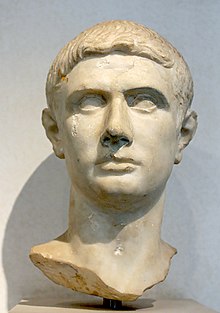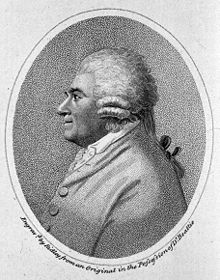‘…Sir David Dalrymple, in his Annals, relates, that ' Hugh Gifford de Yester died in 1267; that in his castle there was a capacious cavern formed by magical art, and called in the country Bo-hall, i. e. Hobgoblin Hall.' A stair of twenty-four steps led down to this apartment, which is a large and spacious hall, with an arched roof; and though it hath stood for so many centuries, and been exposed to the external air for a period of fifty or sixty years, it is still as firm and entire as if it had only stood a few years. From the floor of this hall, another stair of thirty-six steps leads down to a pit which hath a communication with Hopes-water. A great part of the walls of this large and ancient castle arc still standing. There is a tradition, that the castle of Yester was the last fortification in this country that surrendered to General Gray, sent into Scotland by Protector Somerset." Statistical Account, Vol. XIII. I have only to add, that, in 1737, the Goblin Hall was tenanted by the Marquis of Tweedale's falconer, as I learn from a poem by Boyse, entitled "Retirement," written upon visiting Yester. It is now rendered inaccessible by the fall of the stair.
Sir David Dalrymple's authority for the anecdote is Fordun, whose words are,—" A. D. Mcclxvii, Hugo Giffard de Yester moritur; cujus castrum, vel saltem caveam, et dongionem, arte damonicd antiques relationes ferunt fabrifactas f nam ibidem habetur mirabilis specus subterraneus, opere mirifico construclus, magna terrarum spatio protelatus, qui communiter Bo Hall appellatus est." Lib. X. cap. 21.— Sir David conjectures, that Hugh de Gifford must have been either a very wise man, or a great oppressor…’
The text above is from the notes to Walter Scott’s “Marmion”. Dalrymple, or Lord Hailes, is known for his historical writing, and for being a fair and honorable judge. A friend to the Boswell’s, he is thought to have interceded between James Boswell and his father Alexander occasionally to reconcile them. Unlike Alexander Boswell, who had a famous
altercation with Samuel Johnson, Dalrymple enjoyed a friendship with the dictionary writer. James Boswell mentions Dalrymple in his "The Life of Samuel Johnson":
Sir David Dalrymple, now one of the Judges of Scotland by the title of Lord Hailes, had contributed much to increase my high opinion of Johnson, on account of his writings, long before I attained to a personal acquaintance with him; I, in return, had informed Johnson of Sir David's eminent character for learning and religion; and Johnson was so much pleased, that at one of our evening meetings he gave him for his toast. I at this time kept up a very frequent correspondence with Sir David; and I read to Dr. Johnson to-night the following passage from the letter which I had last received from him:
'..."It gives me pleasure to think that you have obtained the friendship of Mr. Samuel Johnson. He is one of the best moral writers which England has produced. At the same time, I envy you the free and undisguised converse with such a man. May I beg you to present my best respects to him, and to assure him of the veneration which I entertain for the authour of the Rambler and of Rasselas? Let me recommend this last work to you; with the Rambler you certainly are acquainted. In Rasselas you will see a tender-hearted operator, who probes the wound only to heal it. Swift, on the contrary, mangles human nature. He cuts and slashes, as if he took pleasure in the operation, like the tyrant who said, Ita feri ui se sentiat emori." Johnson seemed to be much gratified by this just and well-turned compliment....'
Among Dalrymple’s written works is the “
Annals of Scotland”, quoted in Scott's note above. Lord Hailes was born on October 28, 1726.



